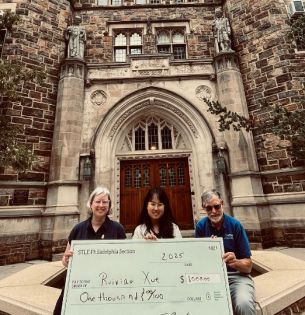Welcome
Mechanical engineering is one of the broadest engineering professions, dealing with the design, construction and operation of various types of machinery. Mechanical engineers manage systems for energy conversion, material transport, and the control of motions and forces.
Our vibrant community is filled with exceptional faculty members and motivated students who are working together and with their peers from other disciplines.
Please browse our website to learn more about our department, and contact us with questions.








